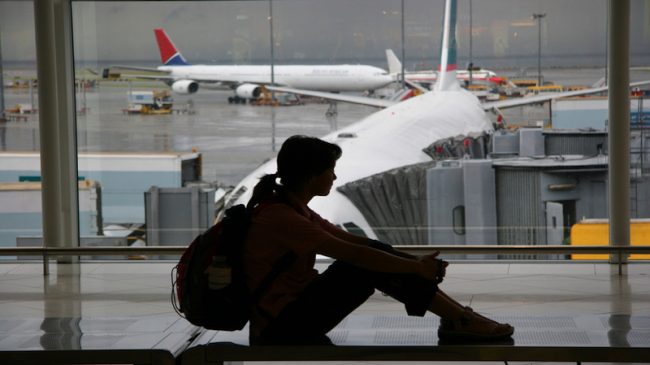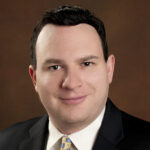Atlanta’s Hartsfield-Jackson International Airport, the busiest airport in the world, has been honored for its efficiency. However, there’s one thing many travelers at Hartsfield-Jackson would like to see improved: airport security.
In the wake of 9/11, then-President George W. Bush and a Republican-controlled Congress created the Transportation Security Administration (TSA). In doing so, they mistakenly made TSA both the provider of airport screening and the aviation security regulator. This conflict of interest makes the TSA answerable to no one.
“Security screeners at two of the nation’s busiest airports failed to find fake bombs hidden on undercover agents posing as passengers in more than 60 percent of tests last year, according to a classified report,” USA Today reported in 2007.
ABC News reported another classified report found screeners in Newark failed to spot bombs in 20 out of 22 tests.
And it’s not just passenger and baggage screening that needs to be improved. Over the past 10 years, there have been 1,300 instances of people trespassing in supposedly secure airport areas. Hartsfield-Jackson is not immune. Last month, a woman threw a bag over the security fence to a man standing next to a luggage cart. This unscreened bag could have easily been placed on a plane. Last year, a whistle blower was able to sneak unscreened food and drinks from outside the airport onto a plane.
TSA isn’t held accountable for these security failures, despite spending $3 billion of taxpayers’ money each year. A large part of TSA is simply security theater: take off your shoes, remove your laptop and no liquids over 3.4 ounces. It’s the illusion of security.
The most effective way to improve the screening quality at Hartsfield-Jackson is to let the airport directly manage the entire security process. After 9/11, five airports were allowed to use private screeners instead of TSA screeners. At one of those airports, San Francisco International (SFO), screening costs 40 percent less per capita than TSA screening at Los Angeles International (LAX). SFO screeners also process 65 percent more passengers than LAX screeners. Estimates show Atlanta could reduce costs by 42 percent and be 65 percent more efficient by replacing TSA screeners with private screeners.
Additional U.S. airports are being allowed to use private screeners, and 16 airports now do so. Hartsfield-Jackson should follow suit. (There’s an application process to go through to prove you are hiring qualified screeners and saving money.) The responsibility for screening baggage and passengers would be shifted from TSA to the airport. This makes the entire security system – passenger screening, perimeter security, employee screening, etc. – seamless.
Hartsfield-Jackson would hire, train and staff screeners, working with certified security companies. It would comply with all TSA regulations. And by removing its conflict of interest, which currently encourages it to cover up mistakes and security weaknesses, TSA could focus on its oversight role of finding and fixing security flaws at airports.
In Europe, that’s how it is done. Airport operators handle airport security. The Government Accountability Office (GAO) visited countries that use private screeners, including France, the Netherlands and the United Kingdom. GAO found they had better overall security systems and more substantial training requirements for screeners. According to the GAO, France requires 60 hours of training, while TSA trains screeners for just 12 hours.
The U.S. approach to airport security, created in the aftermath of 9/11, is deeply flawed. San Francisco is demonstrating that airports can provide better security and experiences for air travelers while improving efficiency. Hartsfield-Jackson can do better than the TSA. It’s time for the airport to opt out of TSA screening.
Baruch Feigenbaum is a transportation policy analyst at Reason Foundation. This article originally appeared in the Atlanta Journal-Constitution.

